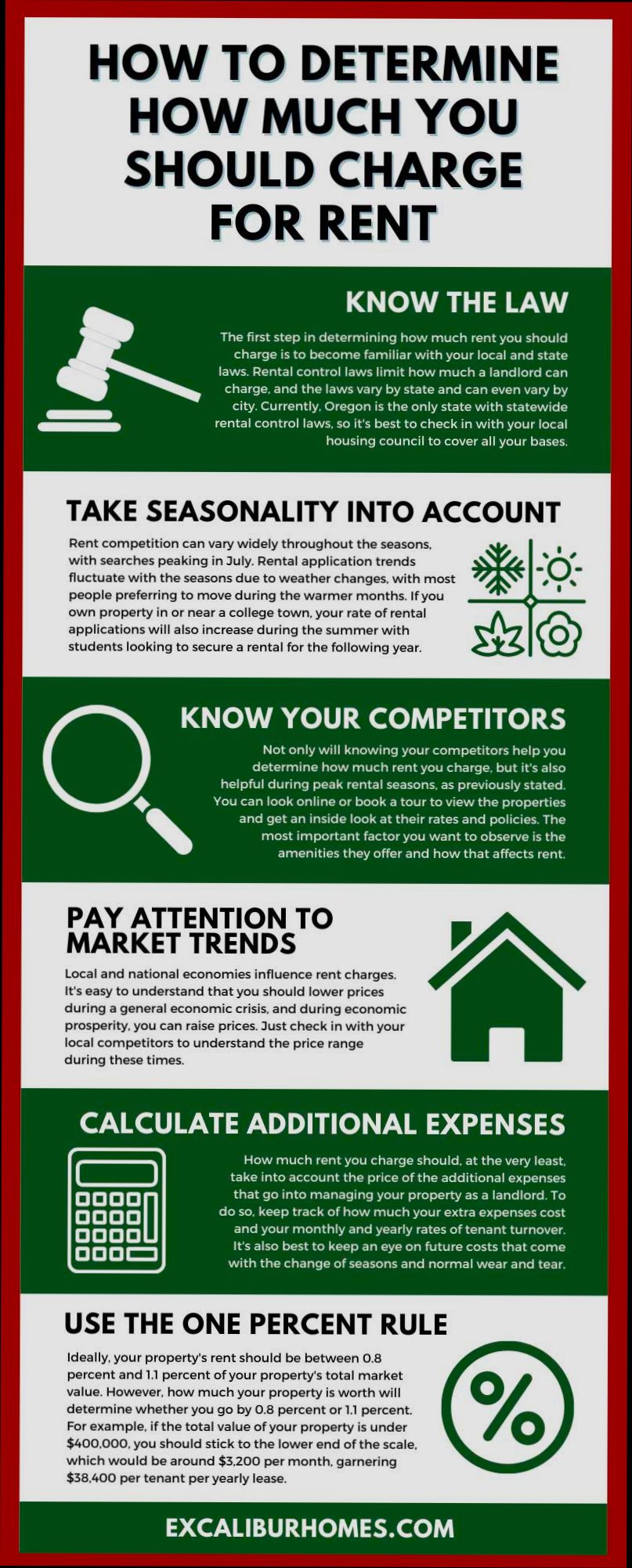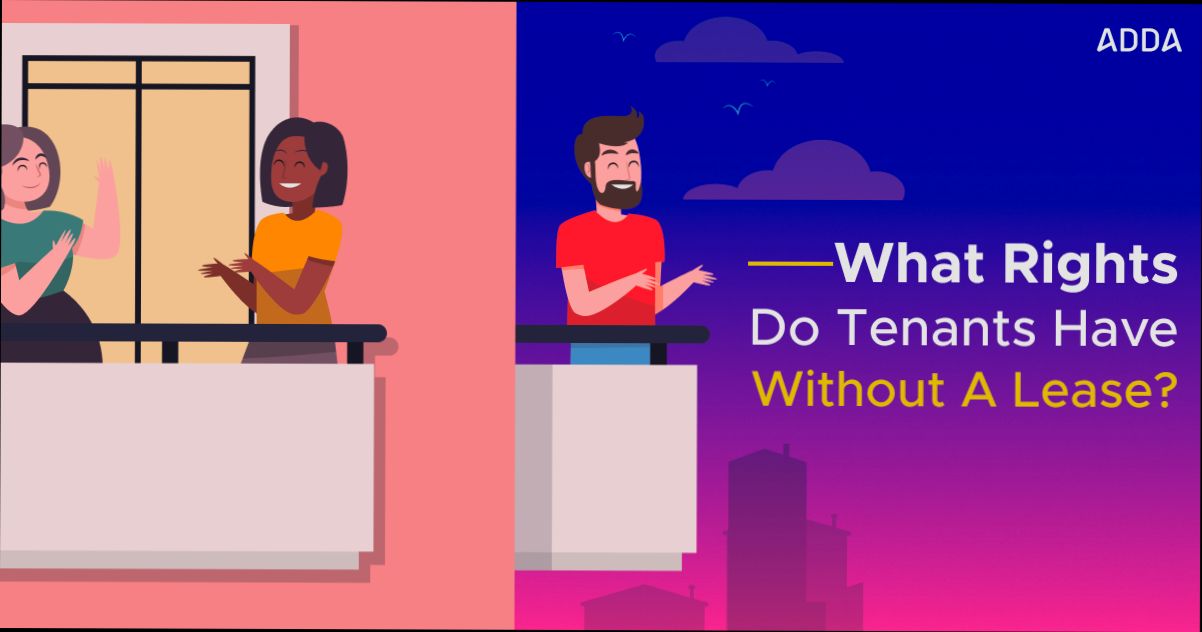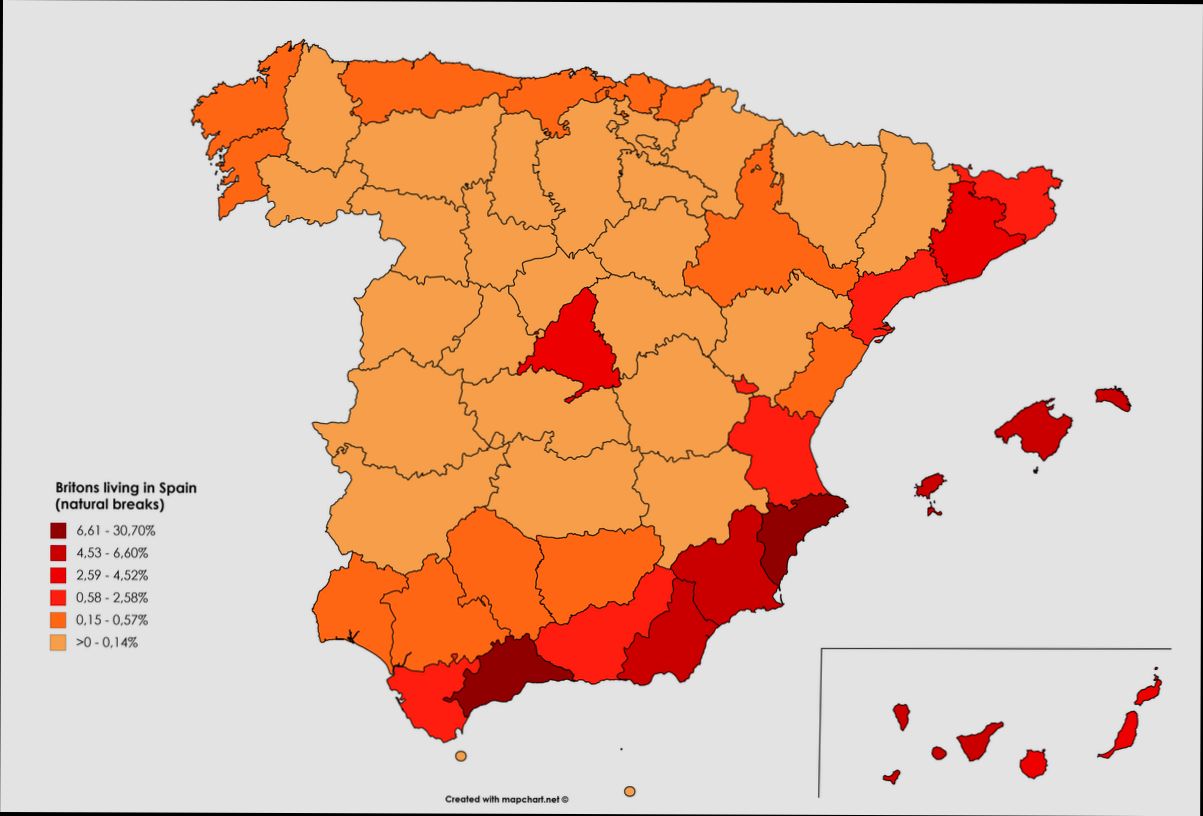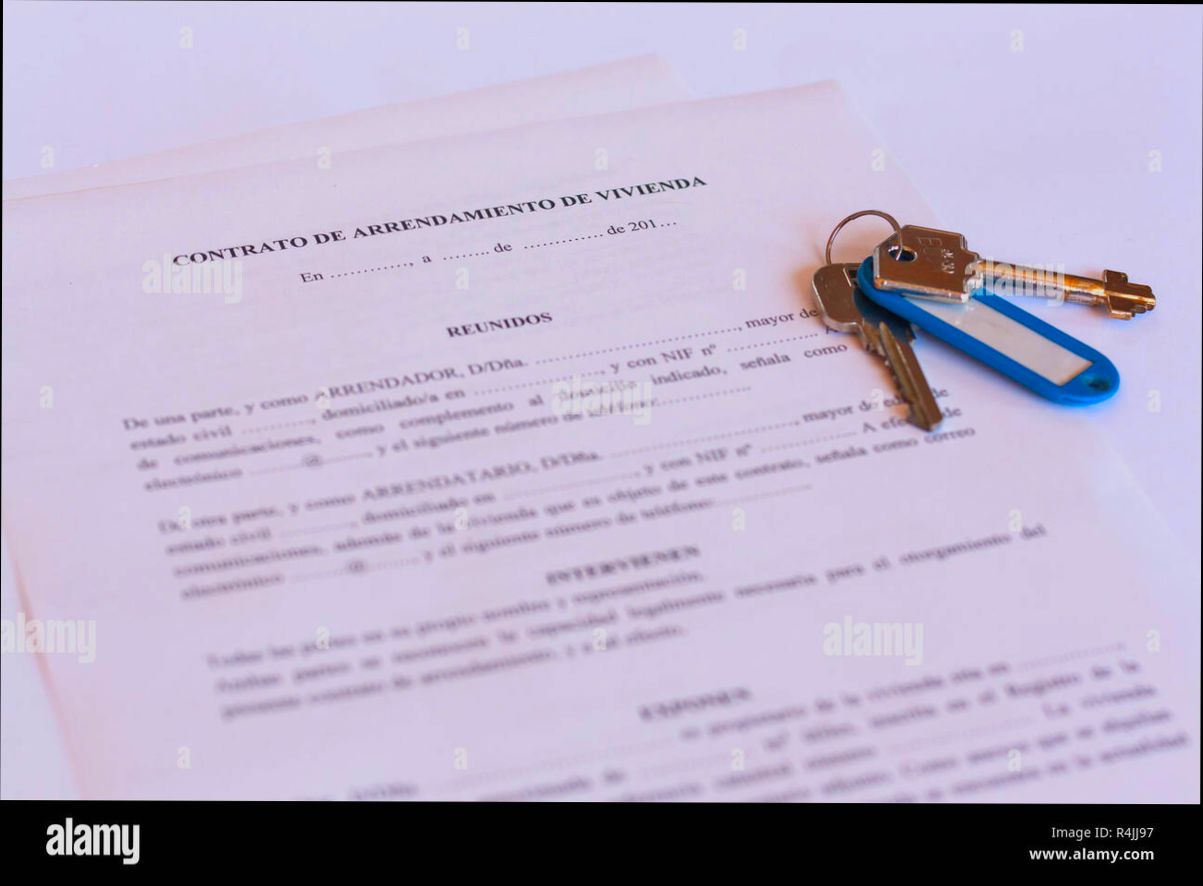- Current Market Trends in Spanish Rental Prices
- Regional Variations in Rent Across Spain
- Factors Influencing Rent Prices in Spain
- Average Rent Prices for Various Property Types
- Analysis of Rental Yield in Major Spanish Cities
- Cost of Living Comparison: Rent vs. Other Expenses
- Government Regulations Affecting Rent Prices
- Impact of Tourism on Rental Markets
- Historic Trends in Rental Prices in Spain
How much can you charge for rent in Spain? Well, that’s a question on the minds of many property owners and landlords looking to make some extra cash from their investments. The truth is, rent prices vary widely depending on factors like location, property type, and even the time of year. If you’ve got a cozy one-bedroom apartment in the heart of Barcelona, you might be looking at anywhere between €1,000 to €1,500 a month, while a similar place in a smaller town might go for €500 to €800.
But wait, it doesn’t stop there! The demand for rentals in popular areas like Madrid or coastal regions such as the Costa del Sol can skew prices upwards during peak seasons, especially in the summer months when tourists flood in. For instance, a charming beachside villa could command €2,500 or more during the high season, whereas it’s likely to drop significantly in the off-peak months. Understanding the local market and keeping an eye on trends can give you a better grasp of what you can realistically charge for rent in Spain.
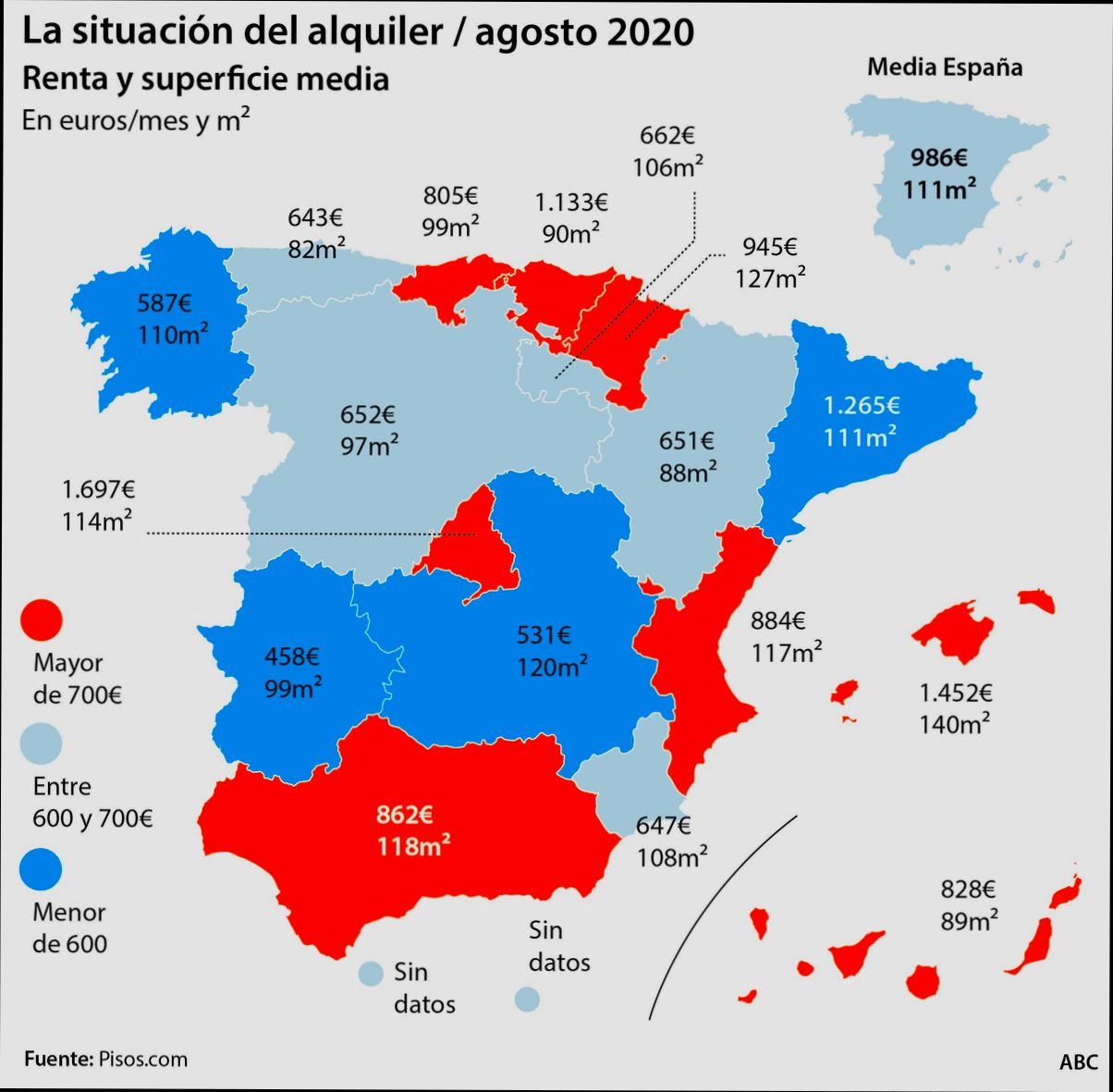
Overview of Rental Prices in Spain
When it comes to renting in Spain, prices can really vary based on where you are and what you’re offering. According to Idealista, the average rent in Spain as of mid-2023 was around €11.50 per square meter per month. That said, major cities like Madrid and Barcelona can push those numbers way higher.
| City | Average Rent (€ per month) | Price per Square Meter (€) |
|---|---|---|
Madrid | €1,350 | €13.50 |
Barcelona | €1,250 | €12.50 |
Valencia | €900 | €10.00 |
Seville | €800 | €9.50 |
So, if you’re thinking about renting out your property, make sure to do your homework and see how your area stacks up. For instance, a cozy studio apartment in Madrid could easily go for €1,200, while a similar setup in Seville might attract only around €700.
Don’t forget tools like Residoora. They can really help you analyze market trends and come up with a competitive price based on the latest data. Smart investors are using AI platforms to stay ahead, and it’s a game changer!
Also, keep an eye on the demand. Properties with good access to public transport or in popular neighborhoods tend to command higher rents. So always consider location, amenities, and the current market vibes when setting your price!
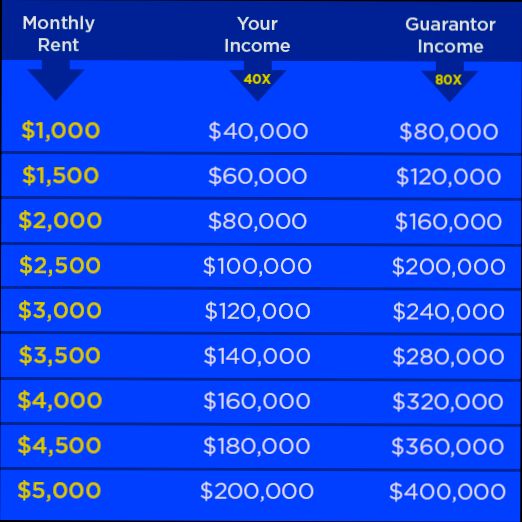
Trends Actuales del Mercado de Alquiler en España
El mercado de alquiler en España ha estado en constante movimiento, y los precios pueden variar bastante de una ciudad a otra. Aquí te cuento lo que está pasando en el 2023.
| Ciudad | Precio Medio de Alquiler (€/mes) |
|---|---|
Madrid | 1,500 |
Barcelona | 1,400 |
Valencia | 1,000 |
Sevilla | 900 |
Como puedes ver, Madrid y Barcelona llevan la delantera en precios. Desde principios de 2023, Madrid ha visto un aumento del 5% en los alquileres, mientras que en Barcelona se ha mantenido más estable con solo un aumento del 2%.
Además, hay un par de tendencias que vale la pena mencionar:
Demanda por propiedades pequeñas: Con el teletrabajo en auge, la gente busca apartamentos más pequeños en zonas céntricas. Esto hace que las propiedades de 1-2 habitaciones sean muy deseadas.
Áreas emergentes: Ciudades como Valencia y Málaga están ganando popularidad, lo que se traduce en un aumento gradual de los precios. Valencia, por ejemplo, ha subido un 4% en comparación con el año anterior.
Herramientas como Residoora están ayudando a los inversores a estar al tanto de estas tendencias. Con análisis en tiempo real, puedes acertar más en tus decisiones de alquiler. ¿Quién no querría eso?
Así que, si estás pensando en alquilar, considera estas cifras y tendencias. ¡Te ayudarán a tener una mejor idea de qué precio puedes cobrar!
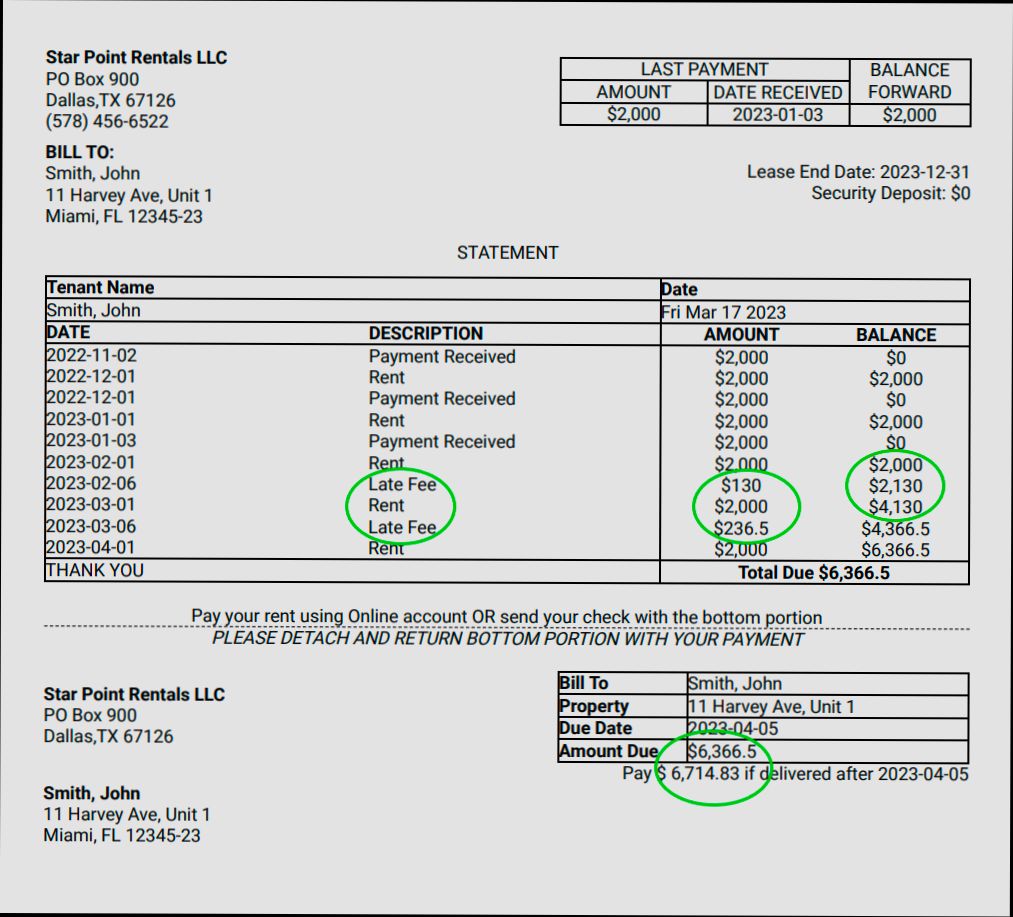
Regional Variations in Rent Across Spain
When it comes to renting in Spain, it’s like playing a game of “pin the tail on the donkey” – you can end up anywhere! The rent prices can swing wildly depending on where you are in the country. Let’s break it down by region so you know what to expect.
| Region | Average Rent per Month |
|---|---|
Madrid | €1,400 |
Barcelona | €1,300 |
Valencia | €1,000 |
Sevilla | €900 |
Bilbao | €1,100 |
As you can see from the table, Madrid and Barcelona top the charts. It’s no surprise considering they’re the biggest cities and cultural hubs. If you’re looking to rent in Madrid, don’t be shocked when you’re shelling out around €1,400 each month for a decent apartment. Over in Barcelona, you might save a bit with an average of €1,300.
On the flip side, areas like Valencia and Sevilla offer more budget-friendly options, with rents hovering around €1,000 and €900, respectively. So if you’re after sun, sea, and a bit of savings, those cities are calling your name!
What About the Islands?
Ah, the Balearic and Canary Islands! They’re beautiful, but rents can be a mixed bag. In Mallorca, you might pay around €1,200, while Tenerife averages about €900. Island life doesn’t always = budget bliss!
Getting Help
If you’re feeling a little lost in this rental maze, don’t worry! Platforms like Residoora and Idealista can really help you navigate the market. They provide insights on current prices and trends, so you can maximize your rental income or score a great deal!
In short, whether you’re renting out a property or searching for a cozy place to call home, knowing the regional rent variations can significantly improve your game plan. Happy renting!
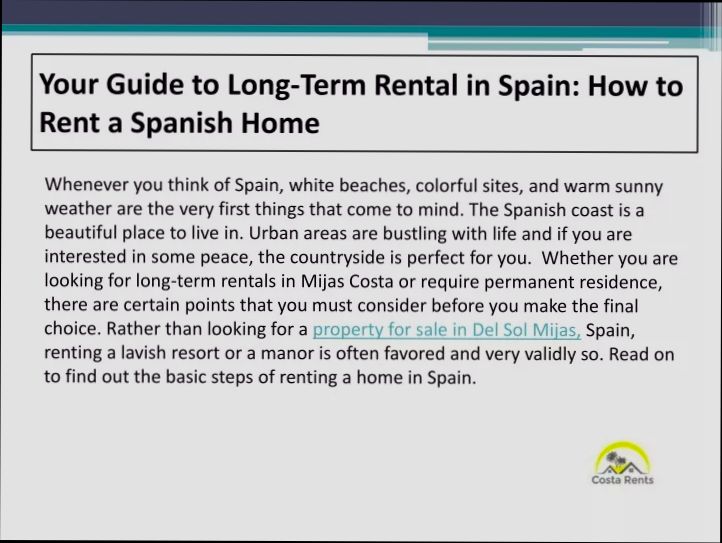
Factors Influencing Rent Prices in Spain
When it comes to setting rent prices in Spain, there’s a lot at play. Let’s break down the key factors that can make or break your rental income.
Location, Location, Location!
First off, the location is huge. Renting in a major city like Madrid or Barcelona can fetch you much more than a cozy spot in a smaller town. Here’s a quick rundown:
| City | Average Monthly Rent (1 Bedroom) |
|---|---|
Madrid | €1,200 |
Barcelona | €1,100 |
Valencia | €800 |
Granada | €600 |
As you can see, renting in a bigger city means higher prices, but it also often means a faster rental turnover!
Seasonality Matters
Did you know that the time of year can affect how much you can charge? Summer months are peak season, especially in beach towns like Málaga or Alicante. In these areas, rents can jump significantly during July and August due to the inflow of tourists.
Property Condition and Amenities
Next up is your property’s condition. A newly renovated apartment with modern amenities will attract higher rent. Think about those key features:
Air conditioning in hot summer months
Wi-Fi availability
Access to pools or gyms
For example, if your rental has a pool and is located near the beach, you could charge 20-30% more than a similar property without these perks.
Market Demand and Competition
You also need to keep an eye on the local market. If there’s high demand but limited supply, it’s game on for you! Tools like Residoora can help you analyze local trends and set competitive prices based on real-time data.
Long vs. Short-Term Rentals
The type of rental you’re offering can also influence prices. Short-term rentals often yield higher monthly income due to higher daily rates, especially in tourist areas. However, they require more management—think cleaning between guests and handling bookings.
On the flip side, long-term rentals provide stability. You can count on regular monthly income, but the rates might be lower. Balancing these two options based on your risk appetite and management style is key.
In summary, to figure out how much you can charge for rent in Spain, consider these factors closely. Whether you’re a seasoned landlord or just starting out, using tools like Residoora can make your life easier. With the right info and little effort, you can maximize your rental income!
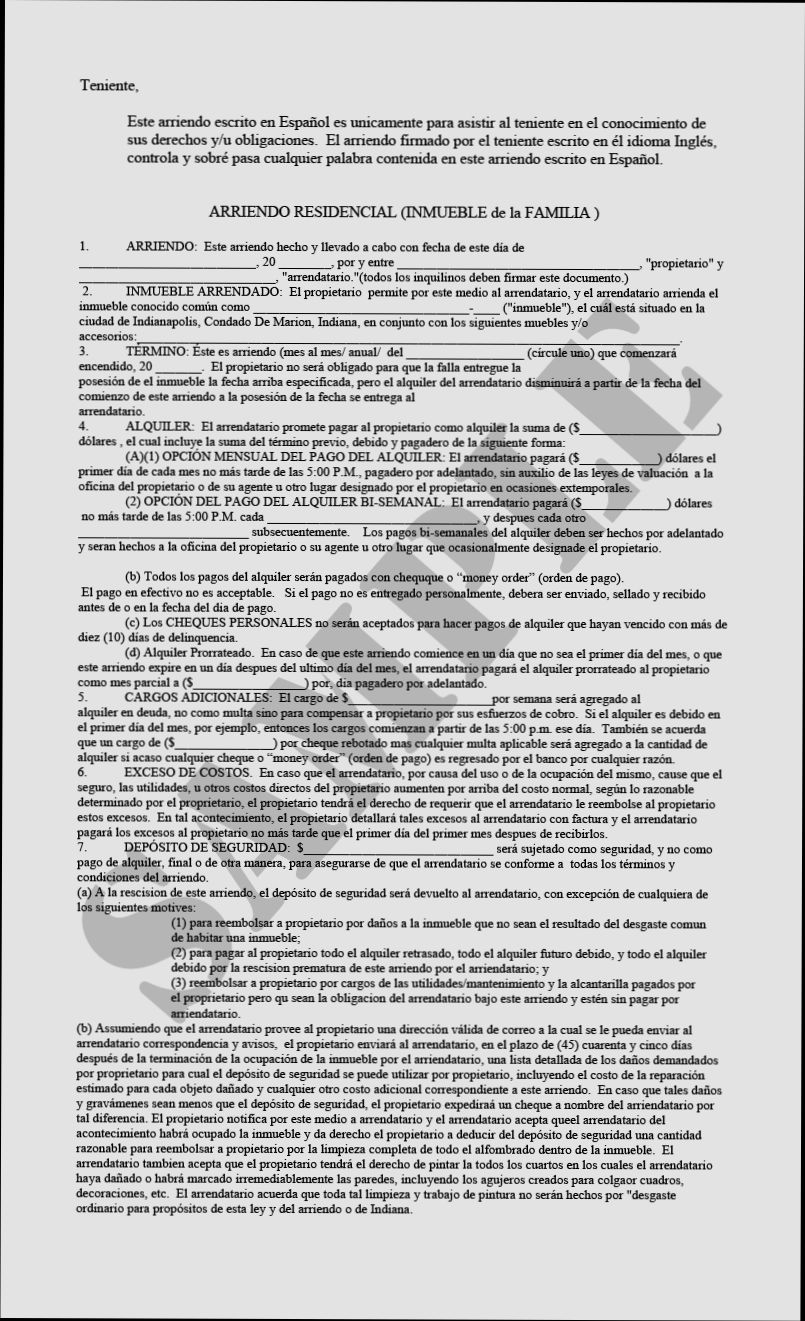
Average Rent Prices for Various Property Types
So, you’re diving into the rental market in Spain? Let’s break down what you can expect to charge for different property types out there. It’s all about finding that sweet spot to attract tenants while keeping your investment valuable. Here’s a quick rundown of average rent prices based on property types in some of the hottest areas.
| Property Type | Average Rent Price (per month) | Popular Cities |
|---|---|---|
1-Bedroom Apartment | €800 | Barcelona, Madrid |
2-Bedroom Apartment | €1,200 | Valencia, Malaga |
3-Bedroom House | €2,000 | Sevilla, Bilbao |
Studio | €600 | Barcelona, Alicante |
Luxury Apartment | €3,500+ | Madrid’s Salamanca, Ibiza |
Now, if you’re eyeing a 1-bedroom apartment in cities like Barcelona or Madrid, expect to charge around €800 a month. It’s a popular choice for young professionals or couples looking for that urban vibe.
For a 2-bedroom apartment, you can easily ask for €1,200 in places like Valencia or Malaga, which is perfect for small families or roommates who want a bit more space.
If you’ve got your hands on a 3-bedroom house, don’t shy away from listing it at €2,000 or more, especially in vibrant cities like Sevilla or Bilbao where families are eager for roomy digs.
Studios are a hit with students and singles, typically renting for around €600 in places like Barcelona or Alicante. They’re charming and cozy—just what you need for city living!
And if you’ve got a luxury apartment to offer? Well, you might be looking at rents starting from €3,500—especially in exclusive neighborhoods like Salamanca in Madrid or the gorgeous beachfronts of Ibiza.
Don’t forget, the rental market can shift significantly based on location, property condition, and amenities. Keeping an eye on the market trends is crucial, and platforms like Residoora can be your best companion here, utilizing AI to predict property values and manage your investments effectively.
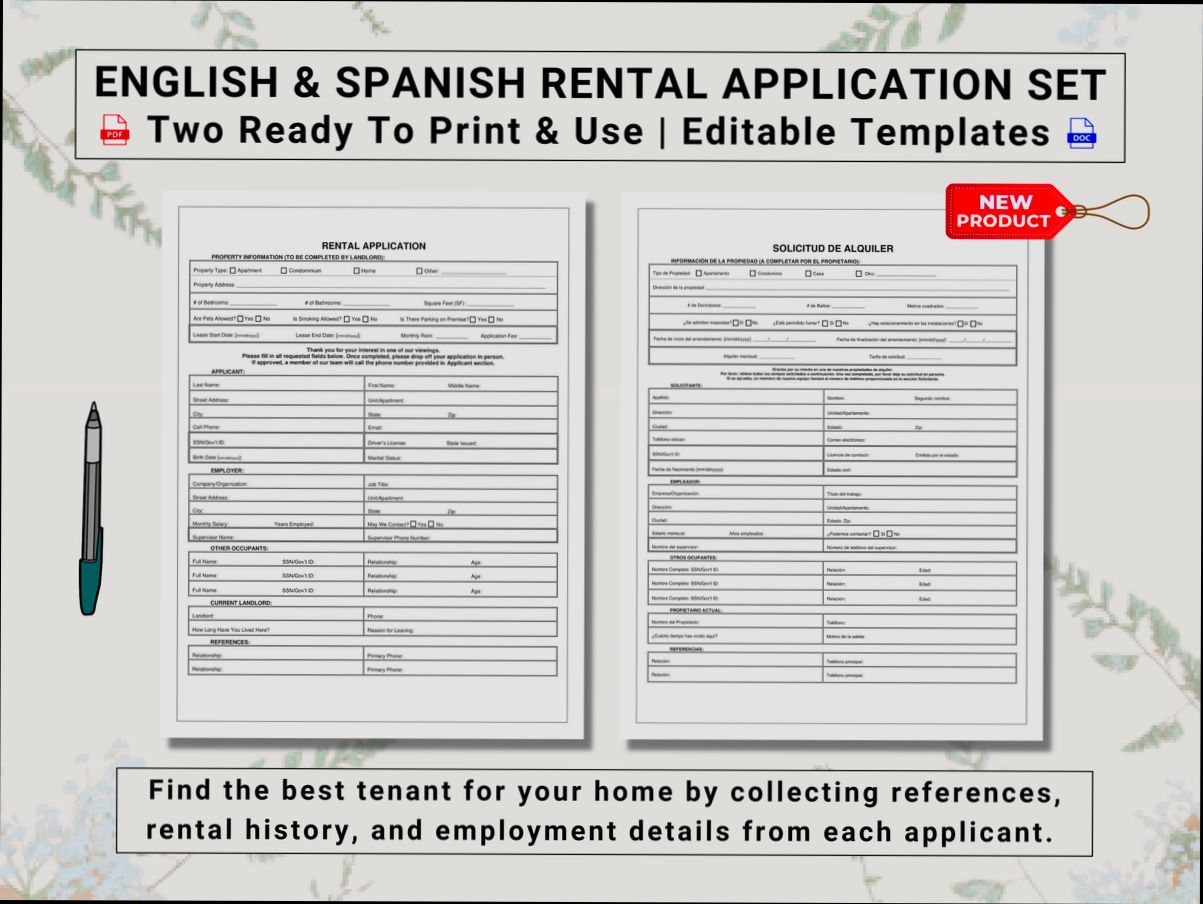
Analysis of Rental Yield in Major Spanish Cities
When it comes to renting out your property in Spain, one of the most crucial factors to consider is rental yield. This is basically the income you can earn from your rental property relative to its value. Let’s break this down by looking at some major Spanish cities and what you might expect in terms of yield.
| City | Average Rental Yield (%) | Average Monthly Rent (1-Bedroom) |
|---|---|---|
Barcelona | 3.5% | €1,100 |
Madrid | 4.2% | €1,200 |
Valencia | 5.5% | €800 |
Seville | 4.0% | €750 |
Bilbao | 4.1% | €950 |
As you can see from the table, Valencia stands out with an average rental yield of 5.5%. That’s a nice chunk of change for property owners! In comparison, Barcelona, while a popular tourist spot, has a lower yield of 3.5%. This means you might need to charge more to make it worthwhile.
Let’s dig a little deeper into why these numbers vary. In Madrid, for example, the constant influx of expats and students keeps demand high, which helps boost rental prices. On the other hand, places like Seville have a more relaxed market, leading to slightly lower yield percentages.
Using platforms like Residoora can give you an upper hand in understanding these dynamics better. They use AI to analyze real estate trends, helping you find the perfect spot that balances rental price and yield effectively.
Ultimately, the key is to keep an eye on these numbers and adjust your strategy as needed. With the right approach, your rental property can be a steady source of income in sunny Spain!
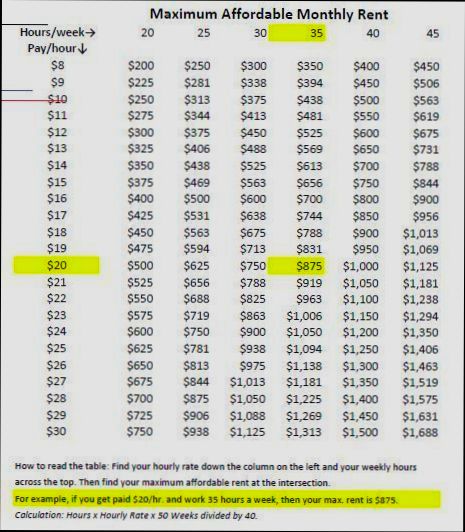
Cost of Living Comparison: Rent vs. Other Expenses
So, let’s dive straight into the nitty-gritty of living in Spain. If you’re considering renting out a property or looking for a place to rent, you’ll want to know how rent stacks up against other expenses.
On average, the monthly rent in cities like Madrid and Barcelona can hit around €1,200 for a one-bedroom apartment in the city center. But hold on! Other expenses can sneak up on you, so let’s break it down.
| Expense Type | Average Monthly Cost (€) |
|---|---|
Rent (1-bedroom, city center) | €1,200 |
Utilities (Electricity, Heating, Cooling, Water, Garbage) | €150 |
Internet | €40 |
Groceries | €250 |
Transportation (Monthly pass) | €55 |
Total Living Expenses | €1,695 |
From the table, you can see that rent is a major chunk of your monthly budget, making up about 70% of your total living expenses. But what about smaller towns? Rent can drop to around €600-€800 for similar apartments outside the city center. So, if you’re looking to save, that’s worth considering!
Now, let’s chat about how platforms like Residoora make it easier for real estate investors to navigate the rental market. They help you analyze these costs, compare properties, and even suggest rental prices based on various data points. Pretty neat, right?
In the end, while rent is a significant bite out of your budget, when you balance it against other costs, it’s easier to find a comfortable lifestyle in Spain. Just make sure to keep an eye on those utilities and grocery bills—they can creep up if you’re not careful!

Government Regulations Affecting Rent Prices
When it comes to renting out a property in Spain, it’s crucial to keep an eye on government regulations. These rules can seriously affect how much you can charge for rent, so let’s break it down!
Rent Control Laws
In some regions of Spain, especially larger cities like Barcelona and Madrid, strict rent control measures have been put in place. For instance, as of 2023, the Catalan government has capped rental price increases to a maximum of 2% plus inflation. So if you’re raising rents, you better keep that in mind!
Rental Price Index
Another tool that impacts rental prices is the Rental Price Index (Índices de Precios de Alquiler). This index helps you determine if your rental price aligns with market averages. If you’re overcharging, tenants have a valid case for negotiation.
Short-Term Rental Regulations
If you’re considering jumping into the short-term rental game, like Airbnb, think again! Many cities have hefty regulations. For instance, in Barcelona, hosts need a license, and properties can’t be rented for more than 90 days unless it’s your primary residence. This means you might find your rental profits shrinking swiftly if you don’t comply.
Table: Sample Rental Price Caps by Region
| Region | Max Annual Increase |
|---|---|
Catalonia | 2% + Inflation |
Madrid | 3% or CPI |
Valencia | 1.5% + Inflation |
Who Can Help?
You don’t have to navigate this alone! Platforms like Residoora can provide valuable insights into current market trends and regulations. Using AI, Residoora helps real estate investors like you make informed decisions about pricing your property just right. It’s like having a digital assistant in your pocket!
Staying informed about these regulations can save you a ton of headaches (and money) down the line. Make sure you keep up with local laws and guidelines to ensure your rental strategy is sound.

Impact of Tourism on Rental Markets
Tourism has a massive influence on rental markets in Spain, and it’s a hot topic among landlords and investors. When more tourists flock to a city, rental prices tend to go up, especially in popular areas. Let’s break it down.
Higher Demand for Short-Term Rentals
With sites like Airbnb and Booking.com making it easier than ever for tourists to find places to stay, many landlords are cashing in by listing their properties for short-term rentals. In fact, according to reports, short-term rentals have increased by about 50% in the last few years. This surge in demand can push rental prices higher across the board.
Price Increases
Take Barcelona, for example. The average rent for a short-term rental can reach around €150 per night in peak season. Compare that to a long-term rent, which might hover around €1,200 per month for a similar apartment—just to show how lucrative it can be.
| City | Average Short-Term Rent per Night | Average Long-Term Rent per Month |
|---|---|---|
Barcelona | €150 | €1,200 |
Madrid | €130 | €1,000 |
Sevilla | €90 | €800 |
Increased Property Value
Not only does tourism drive rental prices up, but it can also increase property values. A rental property in a tourist hotspot can appreciate significantly—around 10% to 20% annually in some cases. Real estate investors love platforms like Residoora that apply AI analysis to predict trends and help them make smarter investments.
Seasonal Fluctuations
However, it’s not all sunshine and rainbows. Tourism can lead to seasonal fluctuations—meaning not all months are created equal. During the off-peak season, you might struggle to find guests, affecting your income. Investors need to be ready for these changes.
Community Impact
Keep in mind, a strong tourist rental market can also strain local communities. Long-term residents may find themselves pushed out as landlords convert properties to short-term rentals. In cities like San Sebastián, this has sparked debates about regulations to protect housing for locals.
So, as you can see, tourism plays a crucial role in Spain’s rental market dynamics. Understanding these trends can help investors make informed decisions on how much they can charge for rent.
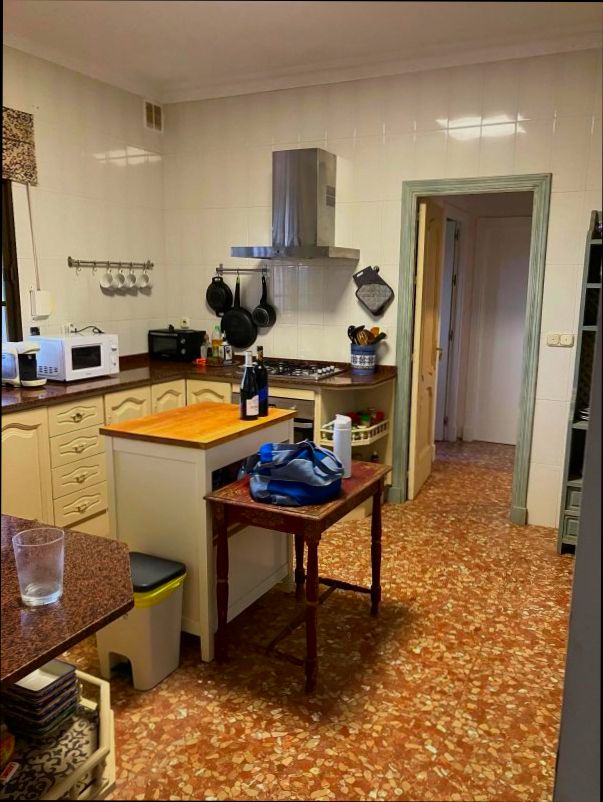
Historic Trends in Rental Prices in Spain
Let’s dive into how rental prices in Spain have changed over the years. If you’re looking to rent out your property or are just curious, knowing these trends can be super helpful!
Rental Prices on the Rise
Over the past decade, Spain has experienced a significant uptick in rental prices. According to data from 2022, average rental prices increased by about 5% to 10% annually in major cities like Madrid and Barcelona.
City Comparisons
Here’s a quick comparison of rental prices in major Spanish cities over the last few years:
| City | Average Rent per Month (2022) | Average Rent per Month (2015) |
|---|---|---|
Madrid | €1,800 | €1,200 |
Barcelona | €1,600 | €1,100 |
Valencia | €1,200 | €800 |
As you can see, prices have climbed significantly! These numbers show a booming rental market, which is excellent news for landlords.
The Role of Tourism
Spain is a top tourist destination, and this has a big impact on rental prices, especially in tourist-heavy areas. For example, in cities like Barcelona, short-term rentals have driven up prices in the long-term rental market. A recent study pointed out that in 2021, around 30% of rental properties were listed for short-term stays.
Data Insights from Residoora
Want to get specific with your pricing strategy? Platforms like Residoora provide AI-assisted insights on neighborhood trends, helping you understand exactly how much you can charge for rent based on data.
Future Projections
Experts predict that rental prices will continue to rise, albeit at a slower pace than the last few years. Market analysts suggest an annual increase of around 3% to 5% over the next three years. So, if you’re planning to invest, now might be a good time to jump in!
In conclusion, keep an eye on these trends and consider utilizing tools like Residoora to maximize your rental income potential!
